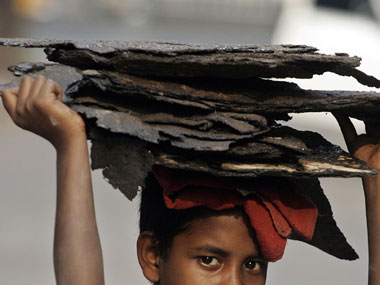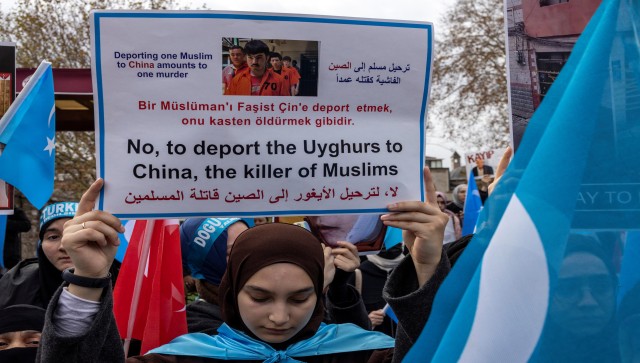On 2 October, Enakshi Ganguly, 45, a child rights activist in New Delhi, woke up to a conspiracy of silence. Around 200 metres from her apartment in South Delhi’s up scale Vasant Kunj area, a team of police and workers of a non government organisation (NGO) had rescued a battered domestic help, Thukral discovered through a news report in The Times of India.
Given the nature of severe injuries the maid sustained, those in close vicinity must have heard her screams, she thought. “And yet, no one heard anything,” read Ganguly’s Facebook post a day after the domestic help was rescued.
The Vasant Kunj maid beating case — an eye opener to the treatment meted out to domestic workers in urban India — also underlines the apathy of the community towards such brutality. Lately, middle class Indians have started discussing gender violence. The 16 December Delhi gangrape case was symbolic of how citizens can react over crimes against women.
Almost every aspect of violence against women — attitude of men, justice delivery mechanism, archaic laws — was questioned, albeit temporarily. But it is acceptable if the girl, who is beaten, punched, kicked, burnt and bruised, is a domestic help.
“The fact is we all live and contribute to this conspiracy of silence. We live individualistic lives in closed apartments, built like beehives, one upon the other, not wanting to be seen as interfering or nosy. We have taken this to the extreme of not becoming nosy even when we see violation or injustice,” Ganguly wrote in her post, adding that after the incident, she tried to engage with people of her community with whom she had never spoken before.
“I stood on the street outside my house and spoke about this incident and the need to speak up with a bunch of women whom I only nodded to in greeting all these years… this is my first step to connecting to, what for me, has so far been a faceless community,” she wrote.
Rishi Kant from the NGO Shakti Vahni, which rescued the maid from Vasant Kunj, said there is a clear pattern regarding the community response to such cases. While majority in the community remain mute spectators, he said, one of them came forward to raise alarm.
A neighbour of domestic help’s employer alerted the NGO after which Raishi Kant and his team went for the rescue, he said. While his team was waiting to enter the apartment where the maid used to work, he said, many people wished him luck and said that he was doing the right thing.
Despite knowing what was happening with the maid, they themselves never approached the police or child helpline 1098.
One obvious reason for this attitude, Rishi Kant said, is that “all of them want a maid in their house.” If a person complaints about the atrocities done to a domestic worker next door, then tomorrow someone else might complain against this person, he said.
Secondly, the legal complexities involved act as a deterrent for someone who wants to come forward. This was witnessed in the Delhi gangrape also. For almost an hour, thousands of vehicles passed by the victim and her male friend lying on the road in semi naked condition. In Vasant Kunj case, among other reasons, the person who raised alarm alerted the NGO may have chosen to remain anonymous to avoid visiting police station and courts.
“There are cases in which five years after me doing a rescue, courts summoned me as a witness. I appear before the court because I am running an NGO. But why would someone busy with his or her daily chores to it?” said Rishi Kant.
The girls, most of them hailing from Jharkhand, Chhatisgarh and West Bengal, are considered as commodities, said Sanjay Srivastava, sociology professor with Institute of Economic Growth, Delhi University. “The level of humanity for the domestic help has diminished. It is partly because now they are looked upon with a degree of suspicion,” he said.
There is a tendency of treating domestic helps as potential thieves. This behaviour, coupled with the belief that the girls are better off in homes of their respective employers than in their home town and villages, result into such cases, said Rajmangal Prasad, former chairperson, child welfare committee, Delhi.
“The larger perception amongst employers is that the girl (maid) would have been living in misery in her poor state had they not hired her,” he said.


)




)
)
)
)
)
)
)
)